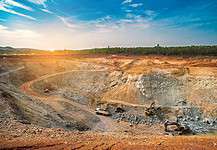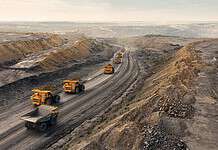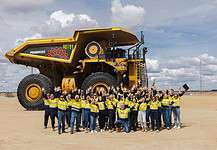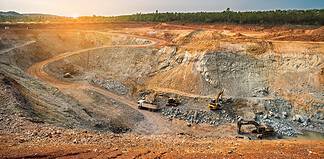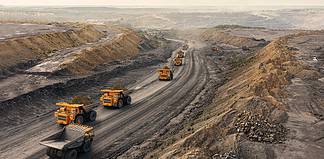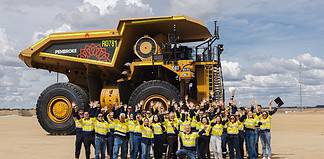 A free trade agreement with South Korea (KAFTA) is anticipated to boost Australia’s economy by $653 million per annum, and with roll out anticipated before the end of the year.
A free trade agreement with South Korea (KAFTA) is anticipated to boost Australia’s economy by $653 million per annum, and with roll out anticipated before the end of the year.
Federal Trade minister Andrew Robb said the agreement would eliminate or phase out tariffs on 99.8 per cent of exports to Australia’s third-largest export market and fourth-largest trading partner.
The deal would help level the playing field for Australian exporters competing with the US, the European Union and the Association of Southeast Asian Nations (ASEAN), which have already signed trade deals with Korea.
“This is a comprehensive, world-class agreement that will deliver lasting benefits to the Australian economy,” Mr Robb said.
“It forms part of the Abbott Government’s ambitious trade and investment agenda to support sustainable growth and job creation.”
Mr Robb said KAFTA would bring immediate gains for Australian exporters once roll out began – slated for late 2014 – with 84 per cent of Australian exports to Korea immediately entering the country duty free.
Tariffs on ‘priority products’ including LNG, titanium, unwrought aluminium, sea salt, and automotive parts such as engines and gearboxes, would be immediately eliminated on “entry into force”.
“This agreement is particularly strong for Australian farmers, by eliminating prohibitive tariffs – greater than 550 per cent in some cases – with gains across beef, sugar, dairy, wheat, wine, horticulture and seafood,” Mr Robb said.
The deal also included provisions to facilitate more direct investment between the nations.
“Conclusion of this agreement sends a strong signal to the world that Australia is indeed open for business,” Mr Robb said. KAFTA would enter into force when both parties completed their respective domestic legal and parliamentary processes.
Mr Robb said he was confident the South Korean and Australian parliaments would support the agreement.
The Minerals Council of Australia (MCA) announced strong support for the agreement, and congratulated Mr Robb for “his determination to deliver this and other FTAs in the interests of Australia’s exporters”.
“Australian iron ore and coal has helped transform the South Korean economy by providing the raw materials to build modern cities and affordable energy to power their vibrant manufacturing sector,” the MCA said in a statement.
“About 75 per cent of Australia’s exports to South Korea are minerals and energy products, with a total value of $15.3 billion.”
The MCA said KAFTA would provide a significant boost to Australian exporters by removing tariffs on a range of commodities including gold, titanium, lead and nickel. “The Federal Government’s focus on FTAs sends a powerful signal on the importance of open trade and investment to Australia’s future prosperity.”
Australian Industry Group chief executive Innes Willox said that while KAFTA was a welcome addition to Australia’s regional trade networks, it was a “mixed result” for some local manufacturers.
“The publication…of details of the Agreement shows how it will significantly free-up trade with our third largest export market and fourth largest trading partner,” Mr Willox said.
“The Agreement preserves Australia’s position in regard to other major trading partners with Korea that already have FTAs (US, EU, ASEAN, Singapore and India).”
While Australian manufacturers will be able to export 88 per cent of goods to Korea tariff free, the corresponding abolition of Australian tariffs on Korean goods would result in a big rise in competition from Korean imports into the local Australian
market.
“This includes cars, auto parts, textiles, clothing and footwear,” Mr Wilcox said. “For fully assembled motor vehicles, tariffs are abolished immediately the agreement enters into force, which is expected to be early next year.
“For sensitive areas such as automobile components, many tariffs will be phased-out over three to five years.
“The impact on Australian manufacturers needs to be monitored and factored in as the Government considers its approach to industry policy,” Mr Willox said.
Australia and Japan are also preparing to sign a long-stalled FTA this year, when Japanese Prime Minister Shinzo Abe visits Canberra in July.
Mr Abe has ordered his officials to “accelerate their efforts’’ on a Japan-Australia deal, according to The Australian.
The Australia-Japan FTA was held up due to issues surrounding car imports to Australia and beef imports to Japan.
However, Japanese negotiators believed the departure of both Holden and Ford from Australia would mean less conflict on Japanese imports. The Australian reported Mr Abe was keen to reciprocate with access for Australia’s beef farmers.
Advertisement


